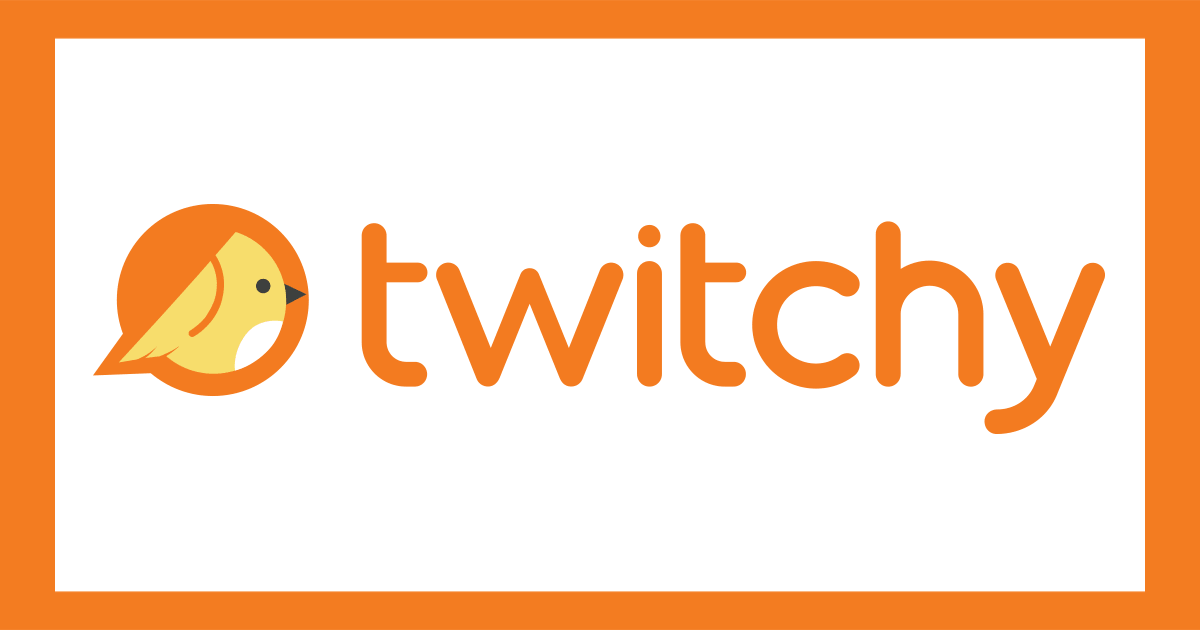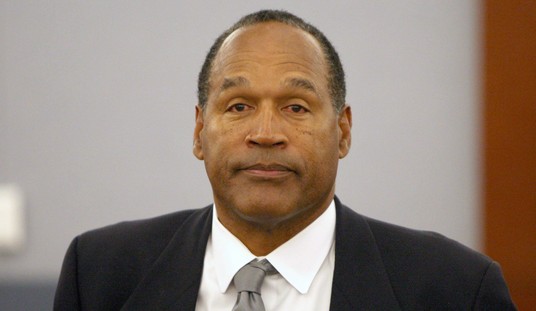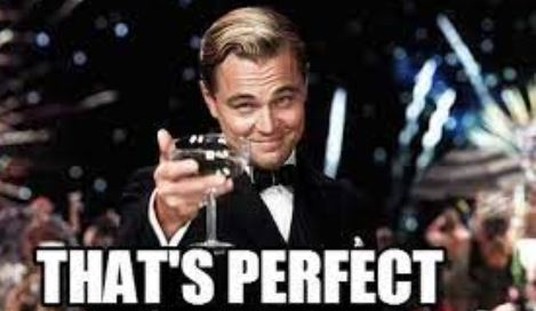I covered how the National Geographic was citing problems with the accuracy of Disney’s upcoming release “The Lion King”, due to feminist discrepancies. Not to be left out of the hysterical social screeching about a family movie with animals, The Washington Post has offered up its own hectoring lecture on what is wrong — and gets more hysterical while at the same getting things very wrong.
According to the journalistic outlet, this new film is a craven move by Disney to attempt to mainstream fascism! The studio is presenting cute and cuddly animals as avatars of a grueling oppressive system of governance! Yes…seriously.
Penned by Dan Hassler-Forest, a college professor, he pontificates at length about the oppression he was able to ferret out that Disney almost got away with sneaking past parents!
Because I’m a horrible person who’s incapable of experiencing joy, I wrote this @washingtonpost article on why #TheLionKing presents a worldview that is fundamentally and irreducibly fascist. https://t.co/7qmvV2wYIe
— Dan Hassler-Forest (@DanHF) July 10, 2019
Now a cynic might think this is merely a hyperbolic claim in an effort to generate outrage and get hate-clicks as a result. Also, a common-sense thinker would come to the same conclusion. In truth, Hassler-Forest actually confirms this is true.
Endless thanks and appreciation to my editor @Jacob_Brogan. Besides being the one to put me up to this, his feedback was crucial in getting this surprisingly tricky piece written. ?
— Dan Hassler-Forest (@DanHF) July 10, 2019
Or, to paraphrase the probable conversation: “Dan, write something up about this movie being fascist in the Trump era – that should get some traffic!” The piece has all manner of University-level high-minded word-salad that amounts to very little. For example:
But mapping our own social hierarchies onto the pristine and “neutral” animal kingdom makes these power dynamics seem natural, common-sense and even desirable. And by using predator-prey relationships to allegorize human power structures, the film almost inevitably incorporates a worldview in which the rulers’ power derives from their biological superiority.
Recommended
And next, as if he has not already written enough senseless blather to have his opinion written off, Dan delivers this laugh-out-loud metaphor, (emphasis added).
Doubling down on Disney’s historical obsession with patriarchal monarchies, it places the audience’s point of view squarely with the autocratic lions, whose Pride Rock literally looks down upon all of society’s weaker groups — a kind of Trump Tower of the African savanna.
Seriously. He wrote that.
So an editor reaches out to an egghead on campus to draw up a supposedly intelligent think piece on the political subversion in a kid’s film, and the best he can do is describe the outcropping in a movie with talking animals to Trump Tower. (We will not even address the claims of “white supremacy”, given that the entire cast of characters is comprised of quadrupeds and not people.)
Since his piece was entirely an attempt to justify his stilted impression, gleaned only from the movie trailer, mind you and done without the proper research — or any, for that matter — let us dismember this body of work with some facts.
The amusing bit is we have proof Hassler-Forest did not analyze the story, because he could have found some evidence — in the original movie. The problem, however, is it blasts apart his theory.
You know, you're right. It is a story about facism.
Scar definitely does resemble Hitler, in that scene where he's commanding a literal army to go ahead and take over a land.
— Mister Hapee (@MisterHapee) July 11, 2019
The hilarity is that as the writer was straining to find fascist imagery in the film he managed to overlook the ACTUAL FASCIST IMAGERY!
Bruh moment pic.twitter.com/wZaNtFvm2i
— Lupin is Smug (@Lupin_the69th) July 11, 2019
That would be Scar, commanding a totalitarian regiment in order to control the territory like a despot. In other words, he is the villain. The fascist component is not celebrated in the film, and he is ultimately defeated, so to suggest Disney is promoting this political system is a theory that dies before the film is even completed.
There is one other massive conflict in this asinine theorem from the professor: “The Lion King” cannot be considered a contemporary political metaphor because it is rooted in a centuries-old story — of a monarchy. The film is based directly on Shakespeare’s “Hamlet“.
Any attempt to deflect from this fact, and have The Washington Post state that the story was contemporized to reflect the Trump administration (as desperately as it is insisted) gets disputed by a reputable source: The Washington Post.
In the paper’s movie review it not only praises the film — in defiance of its own column condemning it — but it celebrates the fact that this new version is an even closer adaptation of Shakespeare, not the Trump Doctrine.
Review: "The Lion King" feels way more like "Hamlet" this time — and that’s why it’s so good https://t.co/iZmlJfXbB4
— The Washington Post (@washingtonpost) July 11, 2019
So according to the Washington Post, “The Lion King” is possibly the most poisonous piece of entertainment because it fully promotes the modern political hatred of Donald Trump, and it is a wonderful piece of filmmaking that all should see for fully embracing classic literature and giving an emotional payoff.
That clears everything up! Just a small piece of advice for the deluded Dan Hassler-Forest:
— IliasBM (@IliasBM) July 10, 2019
























Join the conversation as a VIP Member